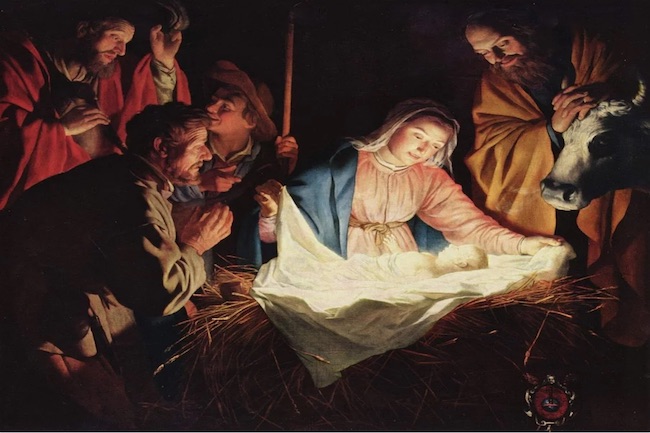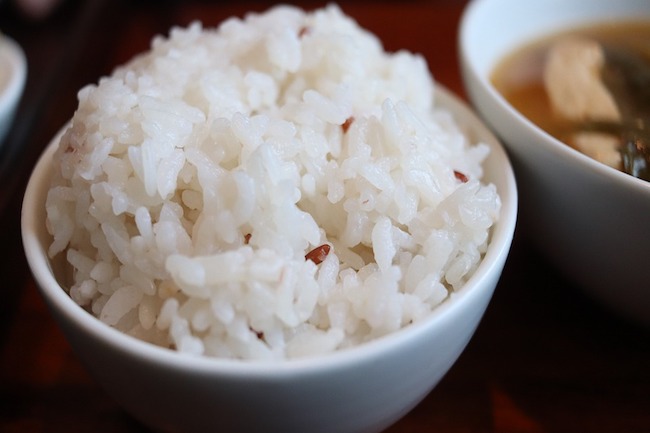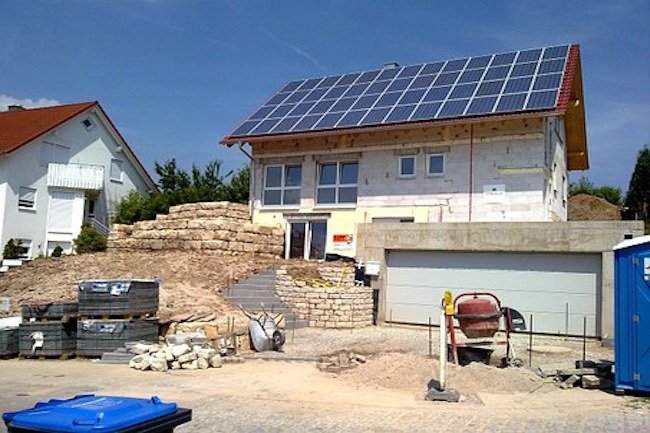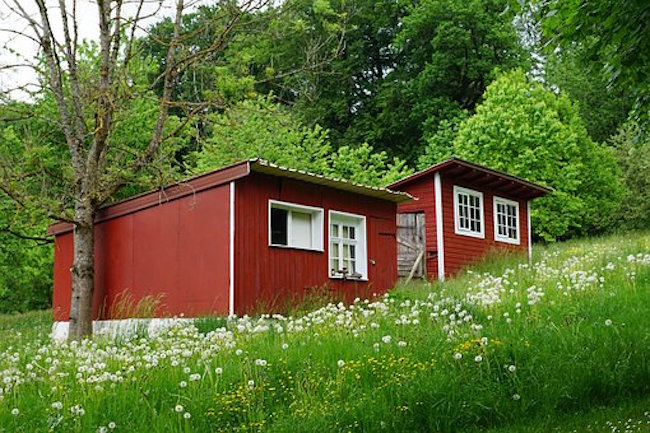Stories from an SHTF Christmas: SELCO by Daisy Luther for The Organic Prepper
Have you ever thought about what an SHTF Christmas would be like after an end-of-the-world-as-we-know-it event? I’m not talking about a minor issue that just affects a few people, but a full-on disaster that changes everything.
Today, we have a first-hand look at what a post-collapse holiday is really like. I interviewed my friend Selco and his answers are really food for thought. I have learned more about long-term survival from Selco than probably anybody else and have based a lot of my own plans on things I’ve learned from him. For most of us who write about preparedness, it’s research and theory. For Selco, it’s real life.
This interview is in his own words.
I read over the answers to his questions at least a dozen times and thought about how fortunate we are. Even our most difficult times here, in our society, would have been the height of luxury during the war in Bosnia.
But will we always be this lucky?
First, give us a little bit of background. What was going on? Please describe the circumstances in Bosnia during this time.
War in the Balkan region (Slovenia, Croatia, Bosnia, Serbia…) started during the 1991 and went on until 2000 (if you include war at Kosovo and NATO bombing of Serbia in 1999), but historians mainly narrow it to a period of 1991-1995 if you do not count Kosovo war and NATO bombing. In some literature, you’ll find the name “Yugoslav Wars“ which is same (all the above-mentioned Balkan countries used to be states in the Federation of Yugoslavia (Jugoslavija or roughly translated to English it is “country of south Slavs“).
…Yugoslavia (as a socialistic-communist country) founded after WW2 in 1945, and stop to exist in 1991 with the start of the wars. Shortly prior the war socialistic system (communistic) fell apart as a part of bigger events (fall of Soviet Union, fall of Berlin wall…) and democracy came, together with democracy, rivalry between states that wanted to stay in the Yugoslavian union and states who wanted independence raised sharply, that resulted in riots and small and isolated fights, leading to full use of Yugoslavian army (JNA) which was 4th largest military force in Europe in that time.
Wars had all features: Independence fights, aggression between states, civil war, genocide, re-alignments, or switching of allegiances as the operational situational changed, backing up from foreign forces (Such as US and NATO)… through periods of it you could say that it was an ethnic war or even religious in parts, but in the essence it was war for territory and resources between factions who were in power, based on personal gain of wealth and influence only.
I went as a civilian and later as a soldier through the whole period of wars, I was in different regions during that period. Harder period of those wars (because of numerous reasons) happened in Bosnia, and one of the main “feature“ of that period were “sieges“ of a couple of cities that lasted from few months to a couple of years.
Some of those sieges were complete, in terms that everything normal stop to exist in city- electricity, water, police, medical services and everything else that makes life normal, every normal service. Death from sniper or shelling was an everyday thing, but also death from gangs because law stop to exist, or death from malnutrition, lack of medicines or simply lack of proper hygiene.
I found myself in one of those sieged cities. I lived like that for a year and I survived.
Every day, for almost a year, for me was a constant fight for survival, I was constantly either trying to defend myself or to look for resources, for usable water, food or simply firewood. We scavenged through the destroyed city for usable items because everything was falling apart and we have to “reinvent“ things in order to survive, like the best way to stay warm, to stay clean and safe or simply to make home medicine for diarrhea or high blood pressure.
Can you tell us the usual Christmas traditions in Bosnia BEFORE this all happened?
As said, I grew up in Yugoslavia, which was a socialistic and communistic country. One of the thing in that country and system was that religion was not forbidden, but it was strongly, let’s say “advised“ that religion is way down inthe list of life priorities.
On the other side, it was strongly “advised“ that we put aside our differences (we had many different ethnic groups in Yugoslavia, and a couple of main religions) in order to build one “ethnicity“ – Yugoslavian. As a result of that, all different religions kinda know each other very well, and people from different religions celebrated more or less or know all religions.
Christmas for most of the folks was very much connected to the New year holiday (again something that is connected to the official socialistic system) and it was just like everywhere in the world I guess, a holiday of presents and gathering of family. For example, going on midnight mass was a matter of being together with family and friends, and meeting each other-not so much matter of religion because there were not too many “real“ religious people).
I was a teenager more or less, but my memories of that holiday prior to the war are peace, good food, family gathering and presents, and of course Santa. It was a huge and “mandatory“ thing that kids gonna get big presents then.
I’m sure that then, everything was very different. What were some of the changes? How did you celebrate?
Everything was different when SHTF, yes. Living was hard, comfort was gone and everything was stripped“\ down to the bare survival. Lot of small commodities that we usually do not think about (we take it for granted) was simply gone because of obvious reasons (the whole system was out) but also because simply life becomes full of hard duties, to finish simple tasks and obtain resources becomes hard, dangerous and time-consuming.




